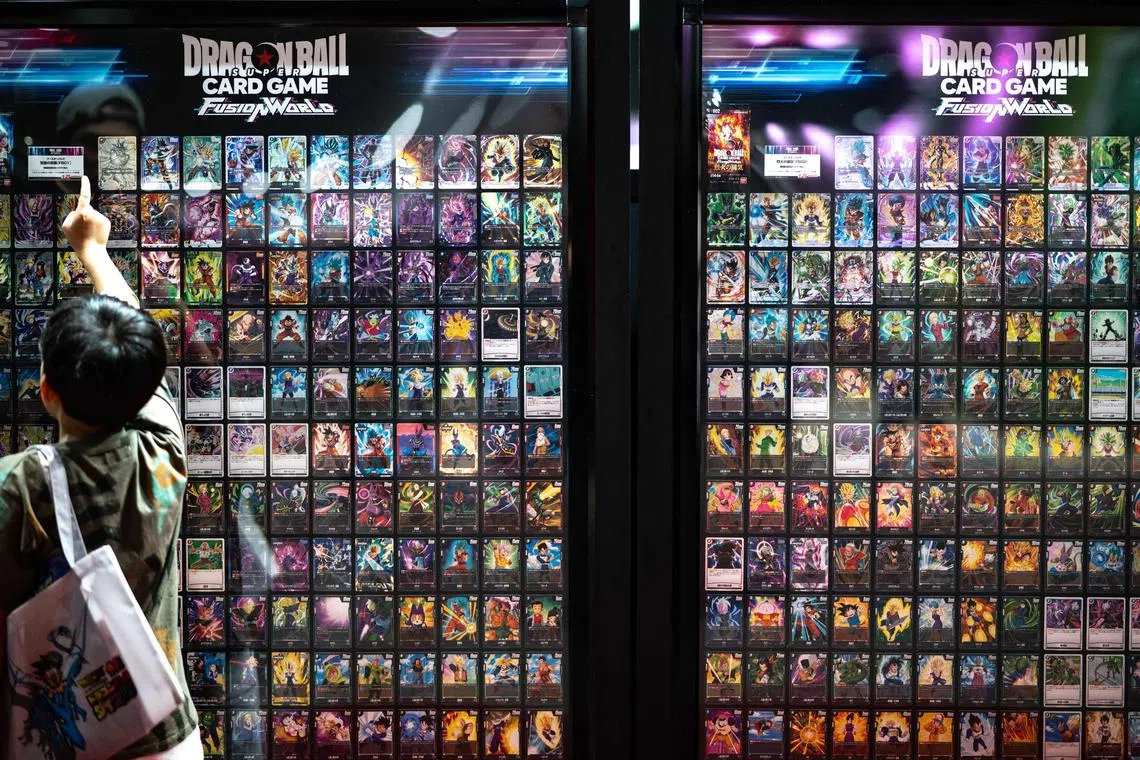Japan to use AI to tackle online manga and anime piracy
Sign up now: Get insights on Asia's fast-moving developments

Around 70 per cent of pirating sites offering Japanese content operate in foreign languages, including English, Chinese and Vietnamese.
PHOTO: AFP
Follow topic:
Tokyo – Japan is planning to use artificial intelligence (AI) to police anime and manga pirating websites that the pop culture powerhouse accuses of costing it billions of dollars in lost revenue every year.
There are at least 1,000 websites illegally offering free downloads of Japanese content, mostly its globally renowned manga graphic novels, a group of domestic publishers claimed earlier in 2024.
But under a 300 million yen (S$2.7 million) pilot scheme proposed by Tokyo’s cultural agency, AI will scour the web for sites pirating manga books and anime cartoons using an image and text detection system.
“Copyright holders spend a significant amount of human resources trying to manually detect pirated content online,” cultural agency official Keiko Momii told AFP on Dec 3.
But human moderators can “barely keep up” with constantly proliferating illegal content, the agency said in a written document.
The initiative features in the agency’s supplementary budget request for this fiscal year ending in March.
It is inspired by a similar project in South Korea and if successful could also be applied to other illegally shared films and music.
Japan – the birthplace of comic and cartoon epics such as Dragon Ball and game franchises from Super Mario to Final Fantasy – sees the creative industries as a driver for growth on par with steel and semiconductors.
In its revised “Cool Japan” strategy
Around 70 per cent of pirating sites offering Japanese content operate in foreign languages, including English, Chinese and Vietnamese, Japanese publishers say.
In 2022, Japan’s gaming, anime and manga sectors raked in 4.7 trillion yen from abroad – close to microchips exports at 5.7 trillion yen, government data shows. AFP

